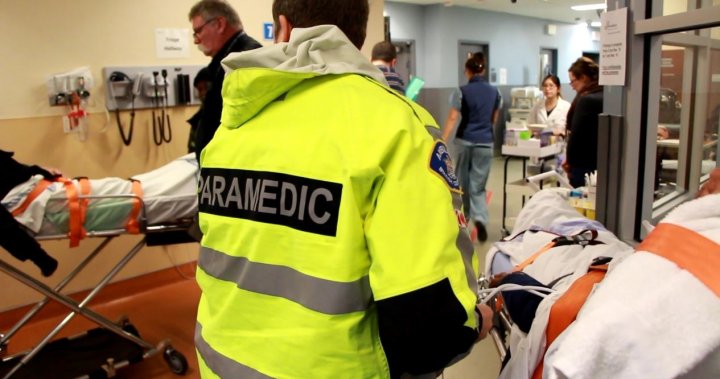The British Columbia government’s drug decriminalization pilot project is facing opposition from a trio of city councillors, Linda Annis in Surrey, Daniel Fontaine in New Westminster, and Alexa Loo in Richmond. They are calling on the province to scrap the program due to the increase in open drug use, encampments, and suffering in their respective cities. The pilot, which decriminalizes the possession of up to 2.5 grams of several common street drugs, has been in operation for just over a year with an exemption to federal drug laws granted by Health Canada.
Each of the councillors plans to bring motions to their city councils to formally call on the province to end the pilot. This comes after legislators in Oregon recently voted to rescind key elements of their decriminalization pilot due to evidence showing few people were accessing resources set aside for drug users, and an increasing drug death toll. BC United Opposition critic for mental health and addictions, Elenore Sturko, believes it is time for B.C. to follow Oregon’s lead in reevaluating their decriminalization program, as there is no evidence that it has saved lives and overdose deaths have increased.
BC Minister of Mental Health and Addictions, Jennifer Whiteside, is scheduled to meet with her federal counterpart to discuss the effectiveness of the decriminalization pilot. The province reports to Health Canada on a quarterly basis on indicators such as numbers of arrests, police interactions, and health system indicators to track the progress of the program. Whiteside mentioned that they are working with municipal partners and law enforcement to address the issues surrounding drug decriminalization and to keep people safe. An update on the pilot program is expected later this year, although it is unclear if this will happen before the upcoming provincial election on October 19.
The three city councillors emphasize the need to provide treatment options for those struggling with drug addiction, rather than simply decriminalizing possession without effective support systems in place. They argue that the current approach is making the situation worse in their communities and that it is time to try something different. They point to Oregon’s decision to amend their decriminalization pilot as a model for reevaluating and potentially changing the approach to drug policy in British Columbia. The councillors believe that more proactive measures are needed to address the root causes of drug addiction and reduce the harm caused by drug use.
With the ongoing increase in drug-related deaths and the lack of evidence showing positive outcomes from the decriminalization pilot, there is growing pressure on the British Columbia government to rethink their approach to drug policy. Critics argue that simply decriminalizing possession without providing adequate resources for treatment and support has not been effective in addressing the underlying issues of addiction and overdose deaths. The upcoming meeting between Minister Whiteside and her federal counterpart will be crucial in determining the future direction of the decriminalization pilot and whether changes will be made to better support those struggling with drug addiction in the province.


